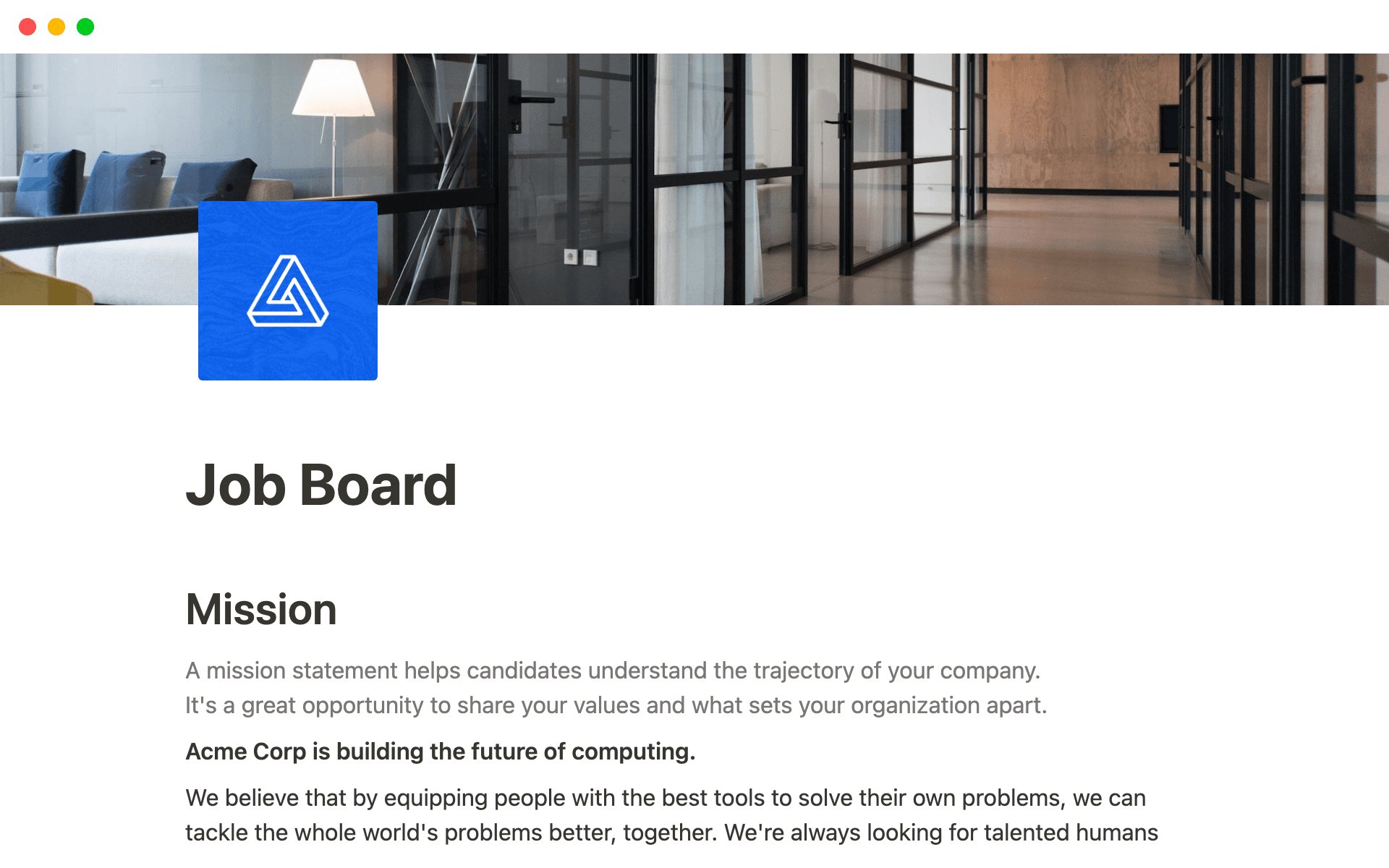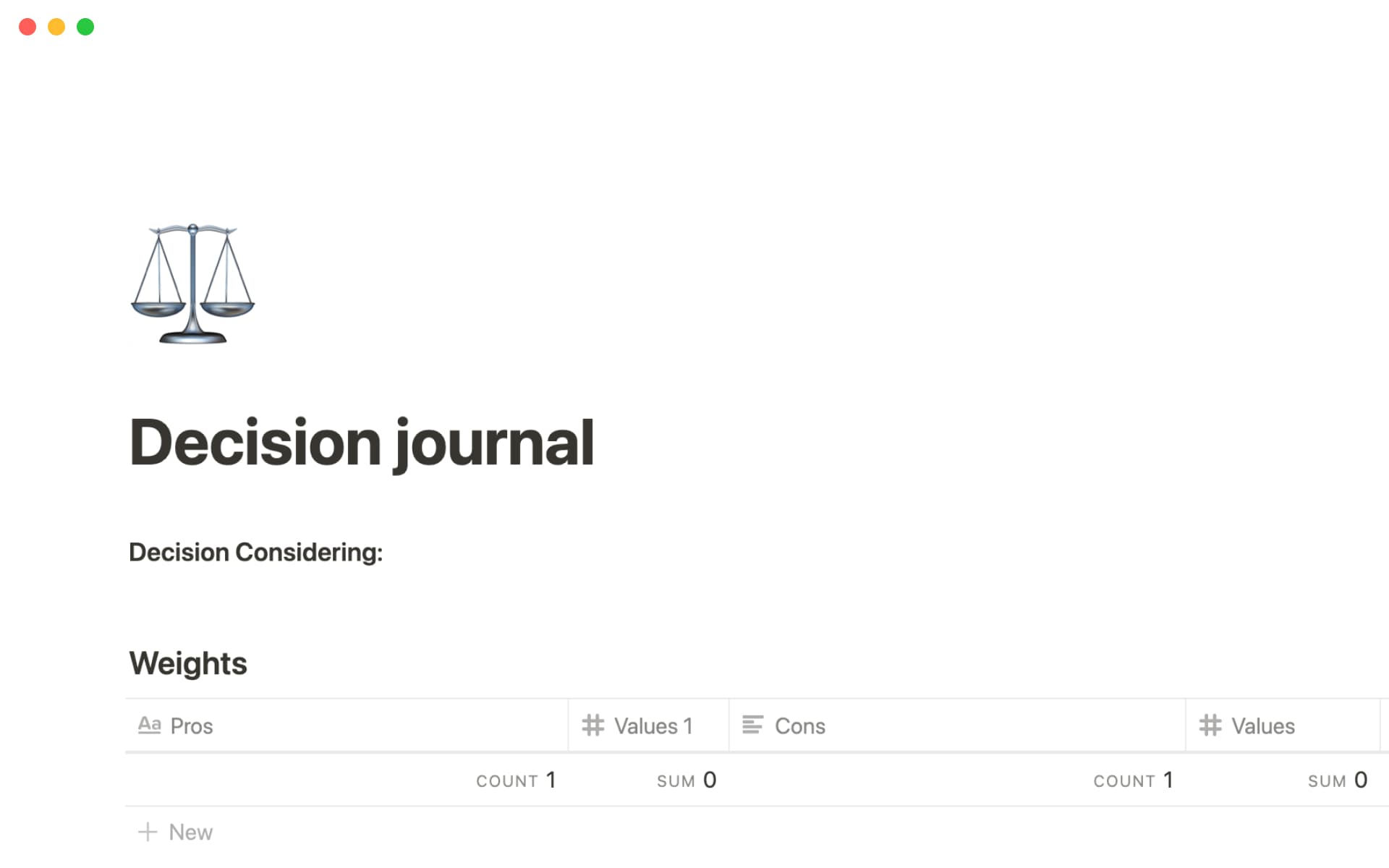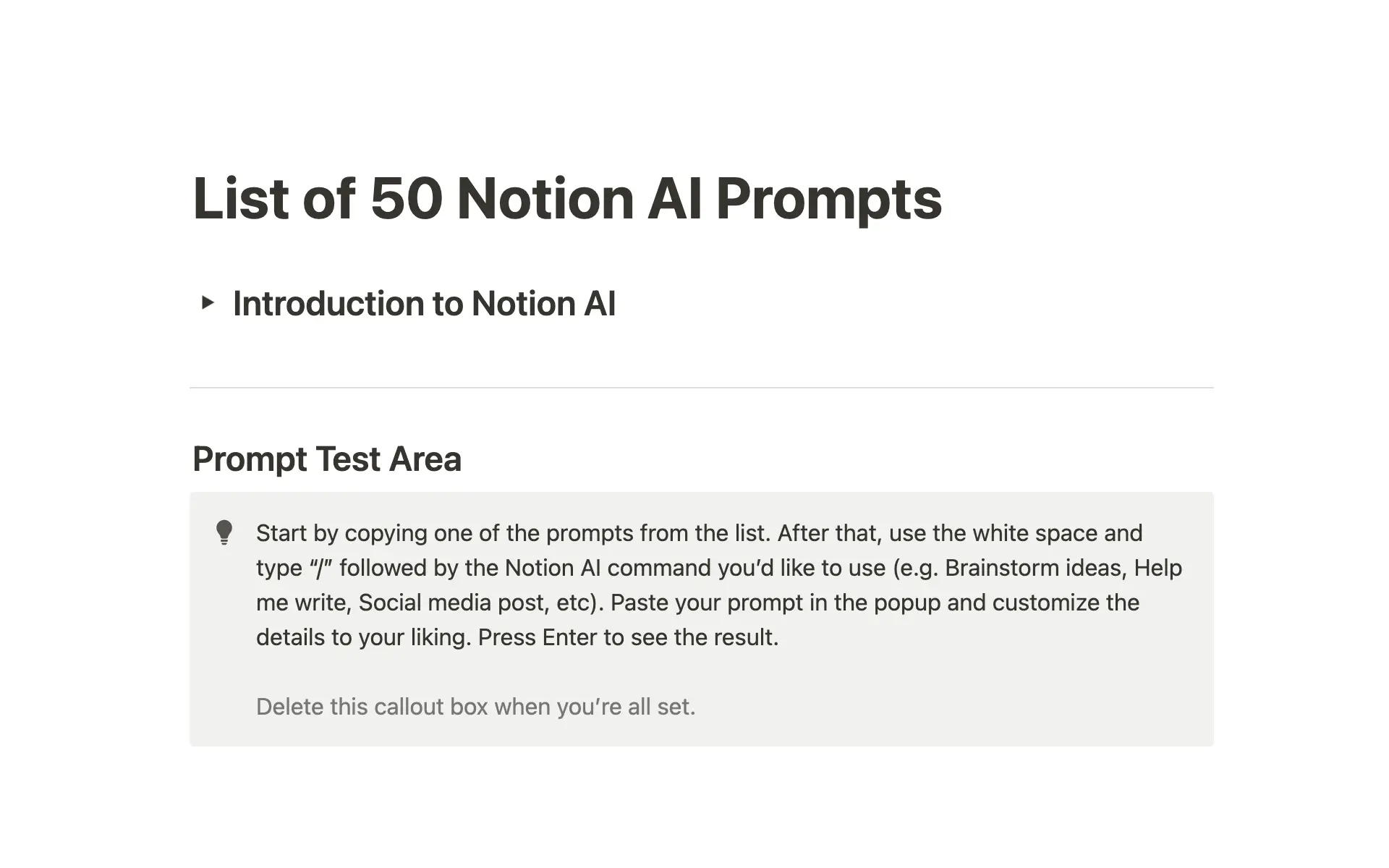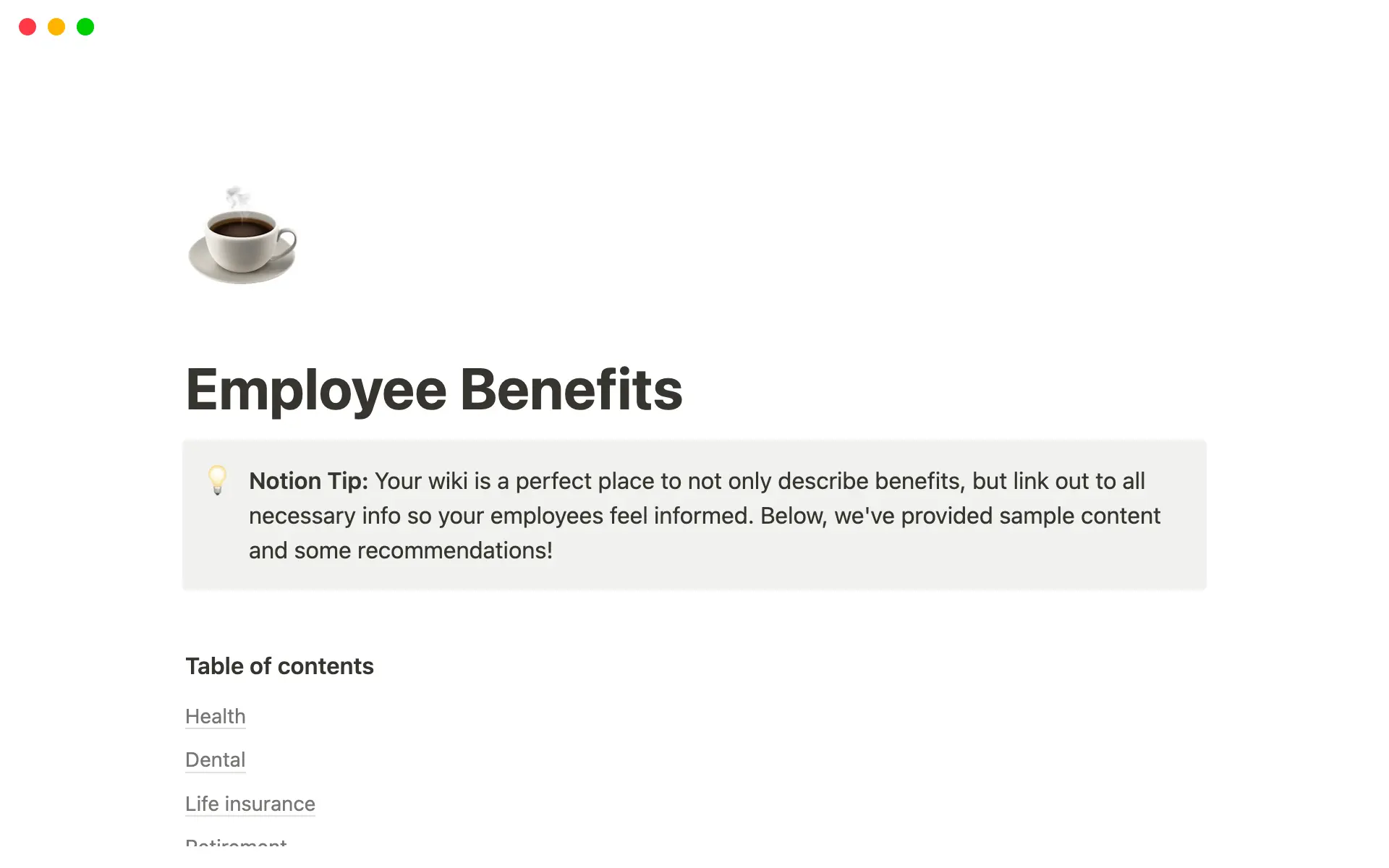Receiving a job offer might feel like crossing a finish line, but it's not the end of the race. While offers indicate that you impressed the employers with your experience and interview skills, you still have the final say on whether this is the best career choice for you.
Although it's often alluring to snatch an open position, don't let the fear of missing out dictate how you respond. Learn how to evaluate job offers and determine the best move for achieving your professional goals.
What’s a job offer?
A job offer is an invitation to work for an organization extended by an employer to a prospective employee. While companies sometimes make an offer over a phone call or video chat, an acceptance is only official once the new hire signs legally-binding physical or digital paperwork.
An employment offer’s legal documentation typically includes details about the role, including the starting pay, job title, and weekly work hours. These letters also provide information on the work location, your official start date, and applicable terms and conditions. And many companies outline employee benefits, such as paid time off and health insurance information provisions.
What to do when you’ve obtained a job offer
It's easy to be frazzled when a long-awaited job offer appears in your email inbox or an HR representative calls you with the good news. Luckily, if you're unsure how to proceed, you have time to carefully review the employment documents and compare the offering with your goals.
Before making a hasty decision, take a step back, relax, and fully understand what the offer entails. If you’re unsure of how to ask for time to consider a job offer, consider these tips:
Send a polite acknowledgement of the offer — promptly respond to the hiring manager, expressing gratitude for the opportunity and stating an expected date for your official answer, perhaps asking if there’s a deadline to respond.
Create a priority list — jot down the essential features you want in a new job. Along with your desired base salary, consider your fit with the company's culture and mission, growth opportunities, and your optimal work-life balance.
Review job offer documents — with your priorities set, comb through the offer’s nitty-gritty details. Carefully review the provided documents and see how the role and company align with your determined criteria. You might form questions as you examine the offer closely, so keep track of anything you’d like clarified.
Ask questions — if any language or concepts in the offer letter puzzle you, seek clarification. The earlier you clear up concerns or misunderstandings, the better you’ll understand what to expect from the role and company — and what they’ll expect from you.
Seek trusted advice — tap into your professional network of mentors, counselors, and coworkers for second opinions about the offer and agreement terms. Your friends know you best, so they may have ideas about how well a job or environment would suit you. You can also use tools like LinkedIn to see if any professional acquaintances are connected to the organization or its current employees, reaching out to ask for any insights into the company or department culture.
5 factors to consider when debating a job offer
When weighing the pros and cons of a job offer, you might focus heavily on salary expectations and benefits. But remember that a job affects more than just your finances. Don't discount the importance of intangible features like professional development, company culture, and networking opportunities.
Here are five of the most important factors to consider before making a decision.
1. Salary package versus market value
Carefully attend to the total expected earnings versus the role’s base salary. This involves considering whether the company offers bonuses, stock options, or special perks for potentially higher earning potential. And research the average salaries for comparable positions at other organizations using your professional network or sites like Glassdoor. If your offer doesn’t meet industry standards, you can likely negotiate a higher salary — or choose to pass.
2. Ideal work-life balance
When screening your estimated salary, factor in the available paid time off, weekly work expectations, and any requirements for travel or relocation. Consider whether the benefits and responsibilities of the position meet your desired work-life balance to avoid burnout. This is also a great time to consult your network. If you know anyone with experience at the company, they can provide firsthand insight into how easily employees balance their jobs with their personal lives.
3. Role fit
Consider whether the role aligns with your skills, prior experience, and long-term goals. Ask yourself if you’re comfortable taking on its responsibilities from day one. If the job’s demands surpass your experience or skill level, ensure there's proper mentoring, professional development courses, and role-specific training to bring you up to speed.
4. Company reputation
Consider your potential employer's history, size, and competitive strengths in its sector, and determine whether it will likely support career growth prospects and provide salary stability. Joining a little-known startup is different from an established multinational organization with a positive reputation and apparent financial health. It's crucial to comprehend the risks and opportunities with a new company before signing on.
5. Company culture
Investigate the company's core mission statement to see if its values align with your preferred working style and environment. But don't just take the company's word for it — scan websites like Glassdoor for reviews from prior employees, research available data on employee turnover, and use your professional network to gather more insights.
How to negotiate a job offer: Tips for employment contract negotiation
After you've read your contract multiple times, asked questions, and sought second opinions, you'll know which things to negotiate in a job offer. Whether you're aiming for a higher starting salary, more vacation time, or remote work options, maintain professionalism throughout this process for the best chance of seeing eye-to-eye with your employer. Here are some reliable tips for navigating a potentially daunting situation.
Prepare specific requests
Discussing job terms is a high-stakes and high-stress situation, and you don’t want to appear disorganized when requesting a contract negotiation. Be sure to memorize your target objective and establish whether contract items are deal-breakers. It may help to run through a mock negotiation with a friend so you can practice explaining your requests, suggesting counteroffers, and delivering a final decision.
Explain your rationale
When asking your employer for contract modifications, list a few reasons for your requests to support your case and highlight your perspective. If possible, present these agreement modifications as mutually beneficial. If you want a later start date, you might express how delaying your first day of work allows you to relocate so you’ll be free to dive in from day one.
Maintain formality and express gratitude
Although you have leverage in a negotiation, you never want to start a working relationship on the wrong foot. And remember, employers still have the power to rescind their offer. Throughout negotiations, treat your new employer respectfully and express gratitude and enthusiasm. Even if you ultimately decline the offer, maintaining friendly professionalism lets you leave the door open for future opportunities.
Note red flags and inflexibility
Sometimes an employer's unwillingness to compromise during a negotiation is telling of their leadership style, the company culture, and employee relations. Take stock of red flags like rigidity, pressure tactics, or vagueness, all of which may indicate a lack of respect and poor cooperation skills. If the employer's demeanor doesn't fit your ideal for a healthy work environment, trust your gut.
Take the stress out of job searching with Notion
Anxiety is inevitable in the application process, but Notion can help soothe that job-hunt stress. Use Notion's job application tracking templates to keep tabs on your open applications, and incorporate resume builders, cover letter templates, and Notion AI to craft perfect application documents. See all the ways Notion's tools simplify your job search.







